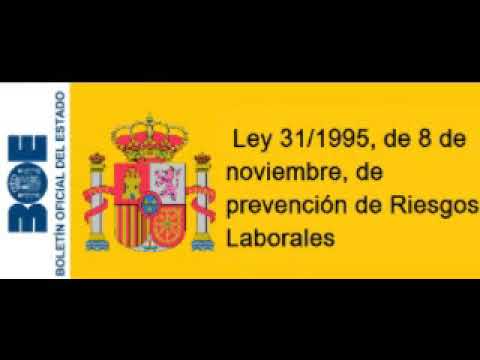
Consejeria de educacion sevilla formacion profesional
Consejeria de educacion sevilla formacion profesional
Contenidos
ministry of education and vocational training
ABSTRACT: Technical Vocational Education (TVE) needs to ensure efficient training-labor trajectories, among its different levels and modalities of provision: formal, non-formal and informal. For this purpose, it is necessary to install in higher education, reliable and legitimate procedures for the recognition of prior learning (RAP). This article studies a sample of eleven cases of post-secondary TVE institutions to describe the convergences and divergences that RPL has in them in terms of: 1) purposes and meanings; 2) forms and procedures; 3) expected results; 4) vision and projections. It was found that, although there is consensual agreement in these institutions on the relevance of validating the learning that applicants have acquired outside the formal system, the absence of institutional, organizational and cultural conditions limits the massive deployment of RAP. Nevertheless, it is possible to identify virtuous experiences when the productive sector mediates RAP between workers and post-secondary TVE institutions.
spanish ministry of education
PhD and professor at the Pablo de Olavide University in Seville, in the area of Social Psychology. He has been Director of IES in several centers. He is a member of the interuniversity research group Lisis, specialized in the study of violence during the adolescent stage. He has coordinated several research projects. He has participated in the research project: “Good practices in the organization and operation of Secondary Education Institutes”, approved by the Ministry of Education of the Andalusian Regional Government.
Cabero, J., Fernández, B. and Marín, V. (2017). Mobile devices and augmented reality in university student learning. Revista Iberoamericana de Educación a Distancia, 20(2), 167-185. doi: https://doi.org/10.5944/ ried.20.2.17245
Castillo García, M., Ramos Corpas, M. J., & Del Moral Arroyo, G. (2020). Good practices in the organization, management and direction of educational centers. Bordón Revista De Pedagogía, 72(1), 11-30. https://doi.org/10.13042/Bordon.2020.01.63135. https://doi.org/10.13042/Bordon.2020.01.63135
all fp
The recognition of previous learning in the Technical Vocational Education and Training. The Chilean experienceRecognition of previous learning in the Technical Vocational Education and Training. The Chilean experience
ABSTRACT: Technical Vocational Education and Training (TVET) needs to ensure efficient training-labor trajectories, among its different levels and modalities of provision: formal, non-formal and informal. For this purpose, it is necessary to install in higher education, reliable and legitimate procedures for the recognition of prior learning (RAP). This article studies a sample of eleven cases of post-secondary TVE institutions to describe the convergences and divergences that RPL has in them in terms of: 1) purposes and meanings; 2) forms and procedures; 3) expected results; 4) vision and projections. It was found that, although there is consensual agreement in these institutions on the relevance of validating the learning that applicants have acquired outside the formal system, the absence of institutional, organizational and cultural conditions limits the massive deployment of RAP. Nevertheless, it is possible to identify virtuous experiences when the productive sector mediates RAP between workers and post-secondary TVE institutions.
ministry of education
El alumnado de formación profesional inicial en Andalucía y sus necesidades de orientación: algunas aportaciones = Andalusian initial vocational training students: some contributions on their guidance’s needs
… Governmental policies at European and national level assume this statement as a driving force for the regulation of their educational systems and are committed to achieving maximum levels of training in the population. Educational guidance has the commitment to consolidate the necessary changes in the school environment to facilitate the achievement of educational success and the development of a meaningful life path for young people.
… The break with the rigidity of the secondary stage and the flexibilization offered by this measure of attention to diversity are between quotation marks, as expressed by Tarabini and Montes (2015). At this point, the ODs respond to the guidance needs of all these students, which are mainly framed in two areas: on the one hand, personal guidance aimed at recovering self-concept and self-confidence; on the other hand, guidance aimed at a professional project and the appropriate choice of the necessary training for this purpose.


